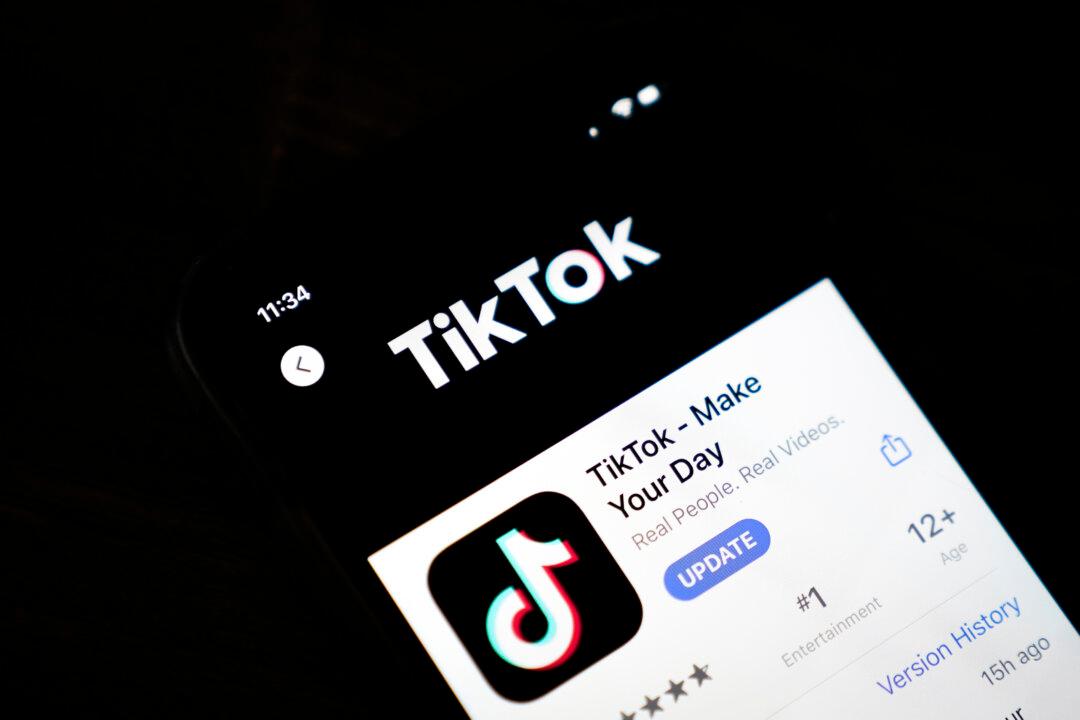Chinese-owned video app TikTok admitted that its staff in China has the ability to access the private accounts data in the United Kingdom and the European Union.
This comes after years of criticism from around the world, particularly in Europe, the United Kingdom, and the United States over concerns that personal information could be passed on to the Chinese regime.





